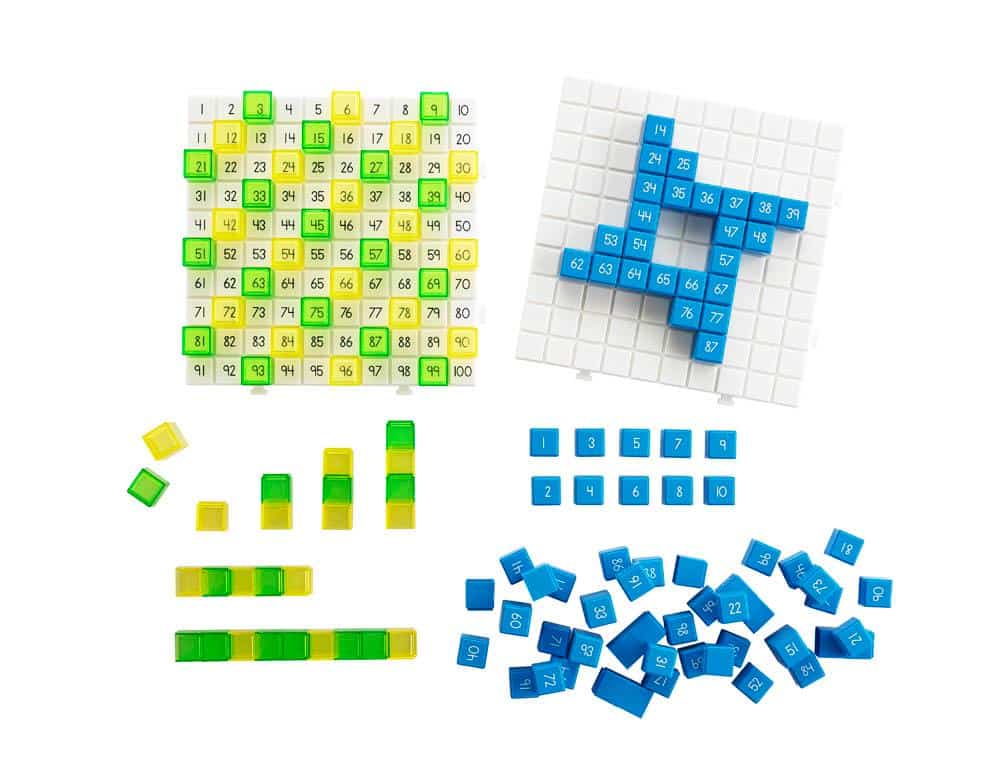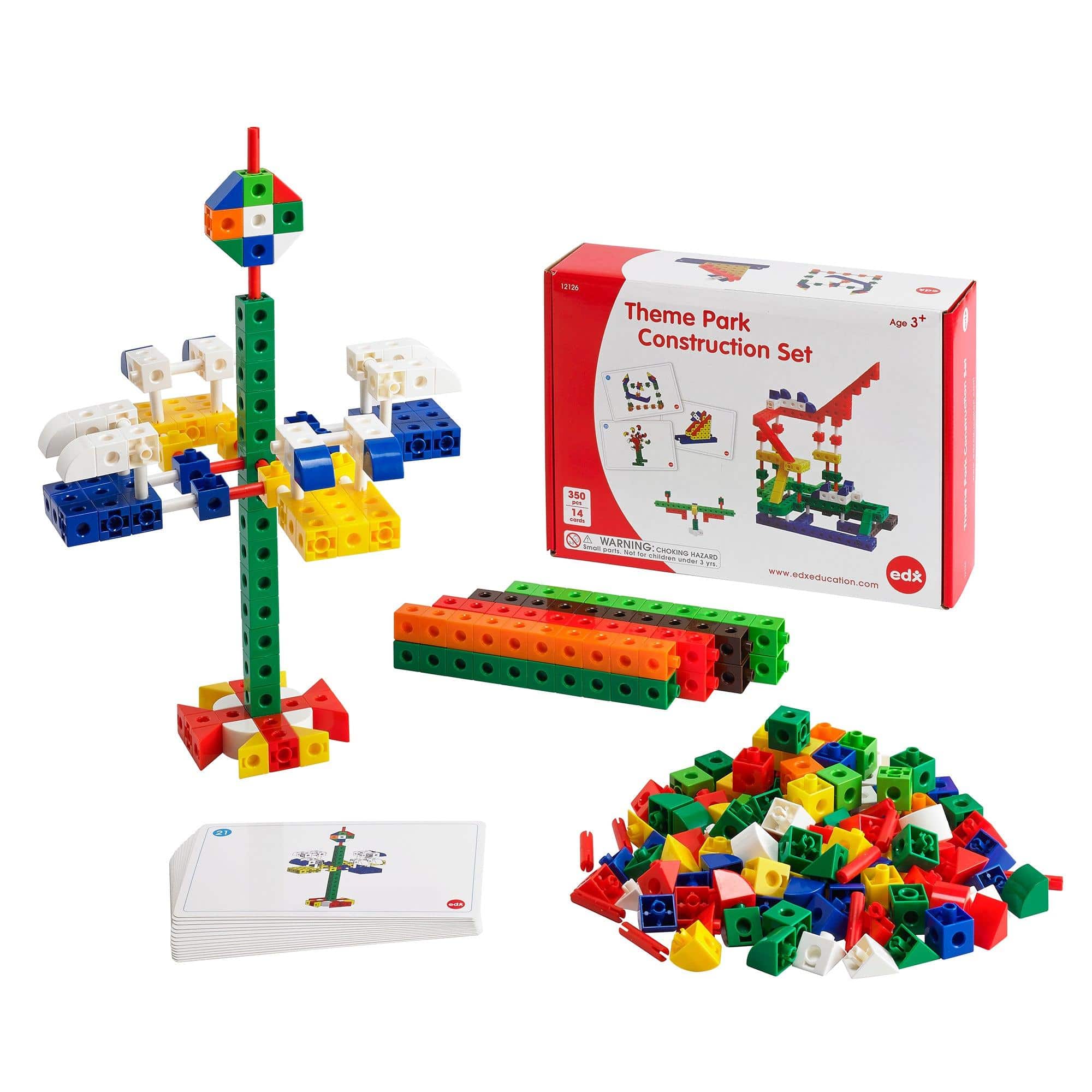The Benefits of Cooperative Play with Toys for Conflict Resolution Skills
Introduction
Cooperative play is an essential aspect of a child’s development as it promotes teamwork, communication, and conflict resolution skills. Engaging in cooperative play with toys not only provides hours of fun and entertainment but also offers numerous benefits for a child’s social and emotional growth. In this article, we will explore the advantages of cooperative play with toys, focusing specifically on how it enhances conflict resolution skills.
Benefits of Cooperative Play in Developing Conflict Resolution Skills
Cooperative play with toys presents children with opportunities to learn and practice conflict resolution skills in a safe and interactive environment. Here are some key benefits:
- Promotes Communication: Cooperative play encourages children to communicate effectively with each other, leading to improved conflict resolution. Through negotiation, compromise, and sharing of ideas, children learn how to express their feelings and needs, leading to successful resolution of conflicts.
- Enhances Empathy and Perspective-Taking: By engaging in cooperative play, children learn to understand and empathize with the feelings and perspectives of others. This increased empathy helps develop conflict resolution skills as they become more attuned to finding mutually beneficial solutions.
- Fosters Problem-Solving Abilities: Cooperative play provides children with opportunities to face and solve problems together. This collaborative problem-solving helps them develop critical thinking and analytical skills, allowing them to better navigate conflicts and find effective resolutions.
- Encourages Emotional Regulation: Conflict situations during cooperative play offer a platform for children to regulate their emotions. They learn to manage their anger, frustration, and disappointment, fostering emotional maturity and self-control. This emotional regulation plays a crucial role in effectively resolving conflicts.
Features of Toys for Cooperative Play
Choosing the right toys for cooperative play can greatly enhance the development of conflict resolution skills. Some key features include:
- Interactive and Cooperative Gameplay
- Multiplayer Options
- Problem-Solving Scenarios
- Role-playing Opportunities
- Open-ended Play
- Varied Themes for Diverse Perspectives
- Differentiated Game Levels for Skill Progression
- Durable and Safe Materials
- Clear Rules and Guidelines
- Encourages Creativity and Imagination
Conclusion
In summary, cooperative play with toys provides significant benefits when it comes to developing conflict resolution skills in children. By promoting communication, enhancing empathy, fostering problem-solving abilities, and encouraging emotional regulation, cooperative play sets a solid foundation for effective conflict resolution. When selecting toys for cooperative play, consider the features that promote interactive and cooperative gameplay, problem-solving scenarios, and role-playing opportunities. So, let your child dive into the world of cooperative play, where they can have fun while honing essential conflict resolution skills.


